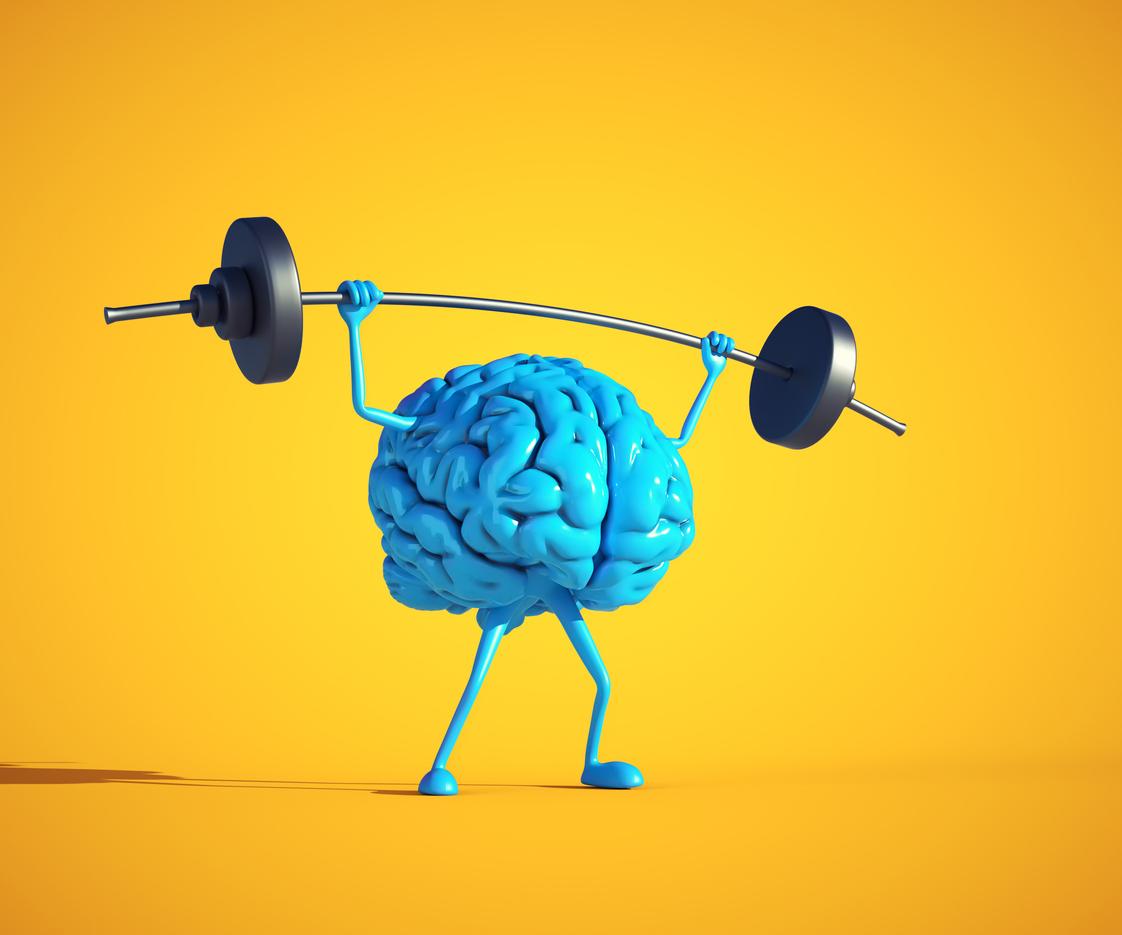Control of movements, learning, emotional regulation, so many brain functions altered by cocaine consumption.

- Cocaine consumption has increased considerably in France in recent years.
- Taking it regularly destroys certain areas of the brain.
- This destruction of the brain is greater if one begins to use cocaine before the age of 18.
A new neuroimaging study conducted in China on people suffering from cocaine use disorders revealed generalized alterations in the brain, particularly in the “basal ganglia” (responsible for controlling voluntary movements, procedural learning, cognition and emotional regulation).
These alterations are more pronounced in individuals who started using cocaine before the age of 18.
A study of 68 cocaine addicts
To arrive at these results, the scientists analyzed the files of 68 dependent people, aged between 18 and 50, all of whom had used cocaine at least twice a week during the month preceding the imaging. The researchers then compared the brain images of these participants to data from 52 healthy individuals used as controls. The study was subsequently published in the Journal of Psychiatric Research in February.
Many questions still remain unanswered, including the precise mechanisms by which cocaine alters the brain and the factors that make some individuals more vulnerable than others. Further studies are also needed to develop effective interventions to prevent and treat cocaine use disorders.
Increase in cocaine use in France
Cocaine consumption has increased considerably in France in recent years. According to the latest official data, more than 1.5 million people have already tried this drug at least once in their life, an increase of 50% in ten years.















